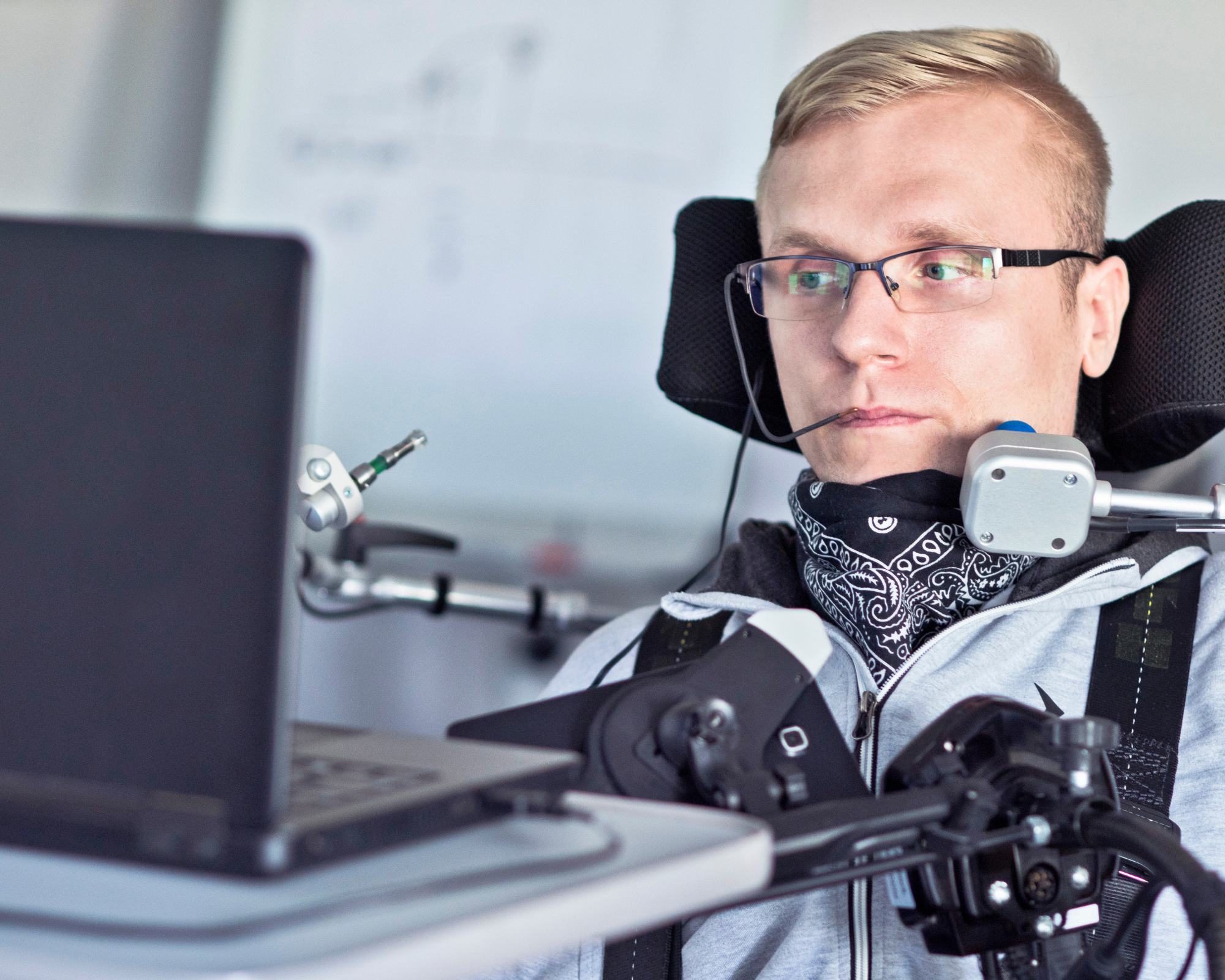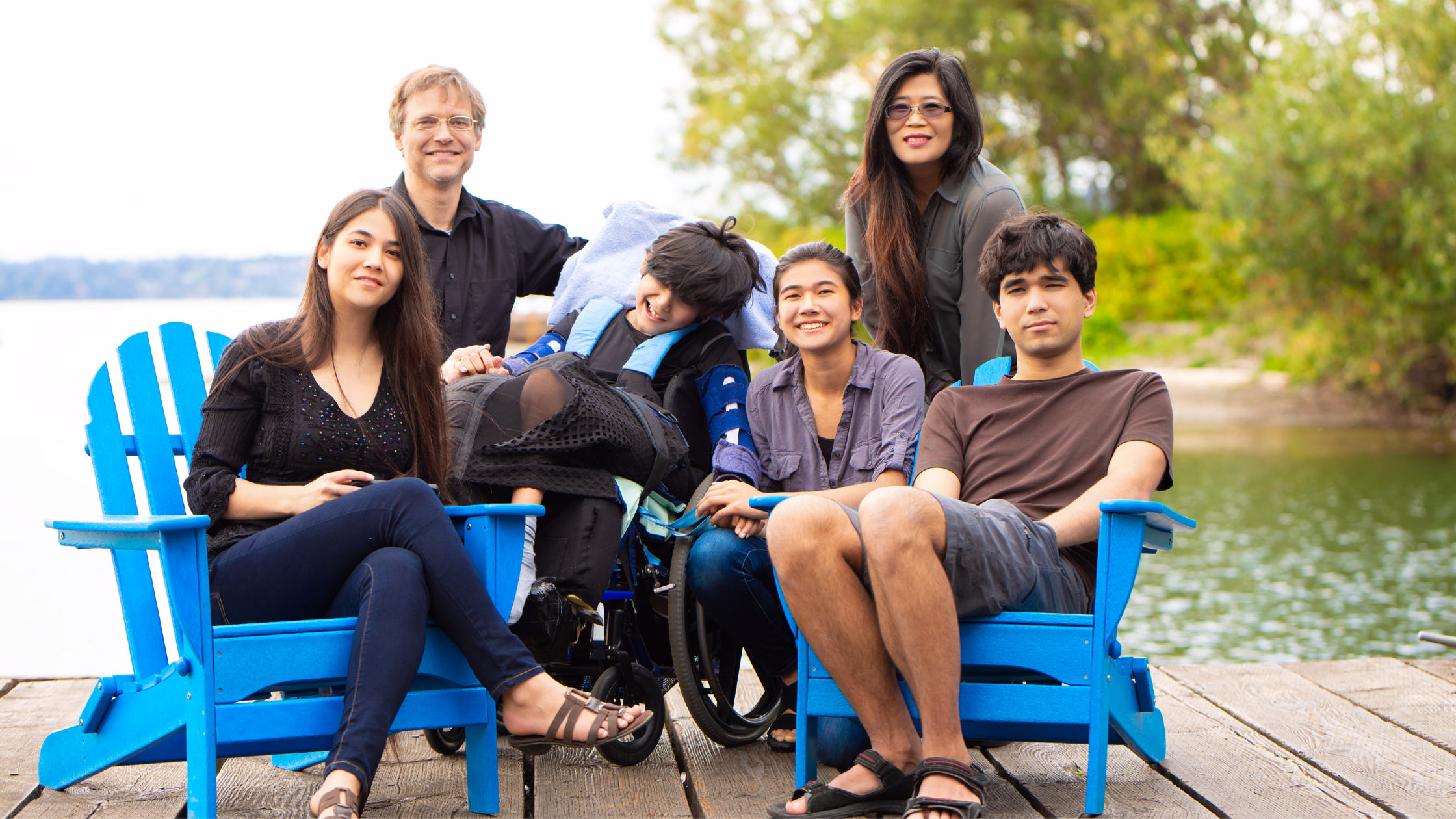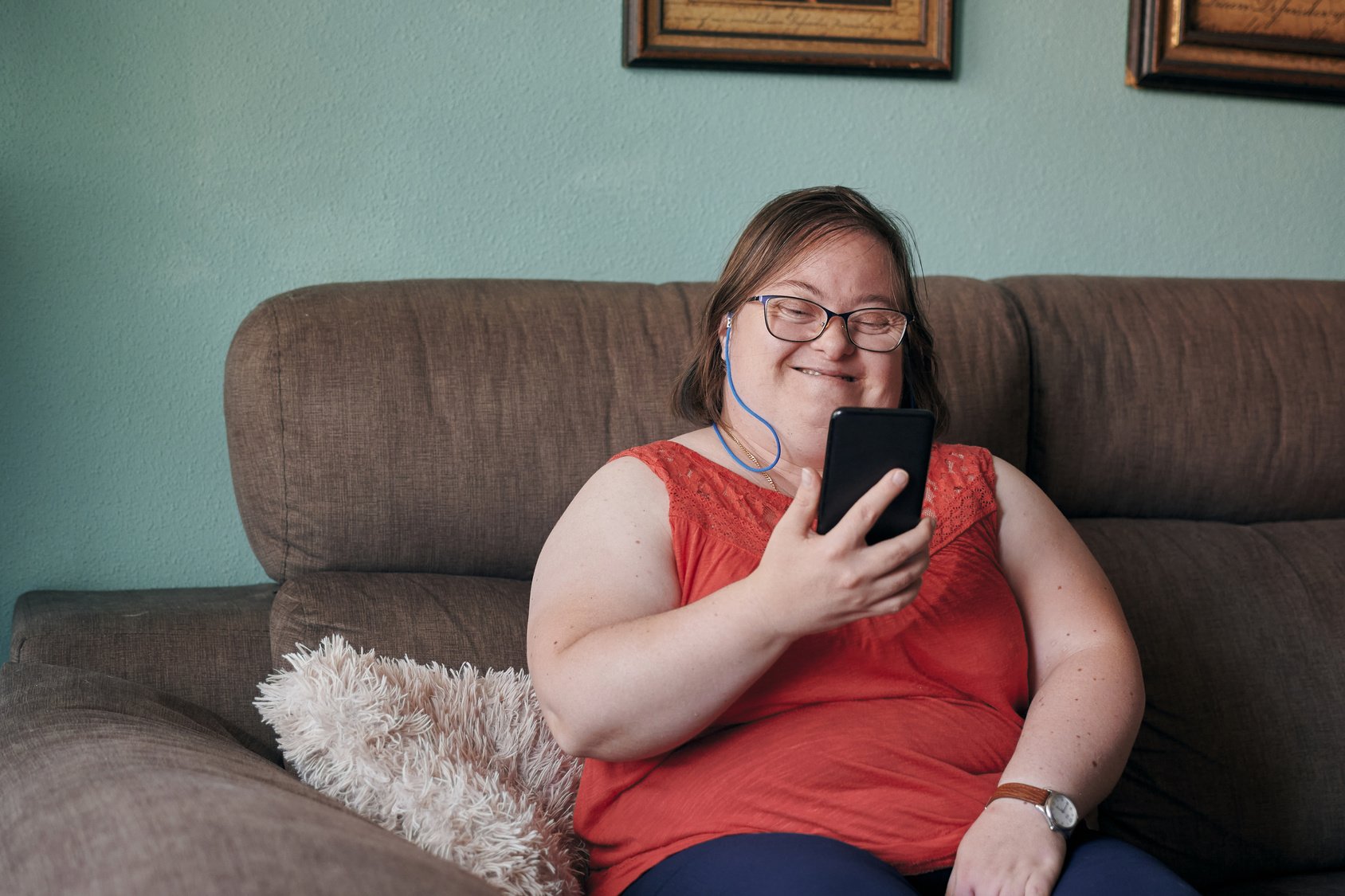Resource Hub
Get more from your NDIS with our carefully crafted Kinora resources. Dive into expert articles, handy worksheets, and insightful videos—all designed to simplify and empower your journey.
Join the Kinora community for support, connection, and answers to your NDIS questions.
Browse by type
Explore popular topics

Gaining access to the NDIS with a pain condition
Gaining access to the NDIS with pain that causes disability might seem impossible; but just like any condition or diagnosis that isn’t on List A or B in the Eligibility Guidelines, an application requires adequate demonstration of impairment.

Understanding reasonable and necessary supports for effective pain management
Understanding what would be considered reasonable and necessary supports for effective pain management could be what stands between you and an increase in quality of life via your NDIS funding.

Making Assistive Technology work for you: five things about AT that you may not have already considered.
Getting Assistive Technology is one thing, but making it work for you is an entirely different hurdle. Here’s a few lesser thought about aspects of integrating Assistive Technology into your everyday life that is worth pondering, whatever stage you are at with AT and improving your life.

Necessity is the mother of invention: Bringing NDIS Assistive Technology to life
Here are the stories of three inspiring mothers who took their child’s needs and created products to make their life, and the lives of countless others, easier. Through determination and creativity, these visionary mums are shaping the landscape of assistive technology in the NDIS, by turning necessities into inventions.

Low-Cost, High Potential: Navigating the world of NDIS Assistive Technology
There are so many simple items and devices out there that can make our lives easier, help with independence, and keep us safe. This is what the NDIS calls “Assistive Technology” (AT), and for AT that’s low cost and low risk, you generally won’t need any special funding added to your plan, or any pre-approval from the NDIS.

Installing the oxygen tank: areas to consider when planning a sustainable Carer support system
So often, it’s not until we’re at a complete crisis point and the wheels are falling off that we realise that our lives are balancing on the edge of one thing - us. And if we’re not firing on all cylinders the many things we work so hard to maintain, including the people we care for, are left vulnerable if we go down.

Support is a powerful thing: how to gather ‘your people’ even if you don’t have anyone around you.
Support people are so important, especially when it comes to navigating the NDIS. They are an outlet to share your feelings about what you're going through, they help keep you accountable by encouraging you to keep working toward your goals every day and they can provide encouragement when things get tough or if there's something specific that needs to be done that day (like exercising).

The Self Advocacy Skills you Need as an NDIS Participant
Sometimes exercising our choice and control means standing up and speaking out. It can mean making our voice heard not only when things go wrong, but at every point on the NDIS journey. Because at every step, we know people get a better outcome when they’re informed of the NDIS system they need to operate within, and when they inform others of their specific wants and needs.

Building supportive relationships with your NDIS Providers
We can often view our relationships with NDIS service providers simply as someone we pay to help us in our day to day lives. But, if we look at them instead as a partner on our NDIS journey, they can play a crucial role in helping us reach goals, improve our bodies and minds, and live a better life.

Breaking down the NDIS budgets to make sure you're getting your buckets-worth
For some people, the biggest NDIS hurdle is getting through the application process. But for so many others, it’s when they finally receive their plan that the struggle begins.
Reading and understanding your NDIS plan can be overwhelming, but it's an important step in making the most of the support and funding provided by the scheme.

Navigating your own NDIS journey
The NDIS process is a tricky journey, and many people find themselves taking a wrong turn before they’ve even been approved. But just like with any road trip, being in the driver’s seat and knowing what to expect, which forks in the road to take and which to avoid, makes the ride so much smoother.

Set NDIS Goals with greater SCOPE to maximise funding flexibility.
When putting together NDIS goals, most people look to the popular SMART goals framework, but then discover that it’s not quite right for achieving what they need with the NDIS. We’ve designed a more fit-for-purpose approach called SCOPE, giving NDIS participants greater funding flexibility when navigating the best way to accomplish what they set out to do.

Translate your ‘real life’ goals into NDIS speak to get the supports you need
As part of your NDIS journey, you’ll be asked to create goals in your planning meeting. Here’s a few incomplete case studies to give you an idea on how to reframe your goals to facilitate choice and opportunity.

Explore the eight domains of your life for life-changing NDIS goal setting: A brainstorming tool.
The NDIS exists with the premise that “anyone can make, work toward and achieve goals in their lifetime; regardless of their abilities or situation.” Goals give great insight into a person’s passions, what interests them and what they’d like to contribute to the world.

Break down big, broad goals into smaller, achievable objectives.
A goal is something you want to achieve, often within in a specific time frame like:
‘This year, I want to increase capacity to live independently, and actively contribute to the community in a meaningful way though my art.’

Did you know that your goals dictate what you can spend your NDIS funding on?
This week on Kinora, we share a few simple hacks to set strong goals, to do more with your plan and achieve better outcomes.

The NDIA are making changes to the way young children and families receive support through the NDIS early childhood approach.
While the NDIS early childhood approach is meeting the needs of many families across Australia, a number of reviews highlight inconsistent experiences of early intervention best practice, confusion about the intent of the early childhood approach, and missed opportunities for inclusive environments for all children and families.

An early childhood partner can work with you to develop an NDIS plan, identify goals, and find supports to best meet needs.
NDIS early childhood partners are teams of early childhood professionals, including therapists and educators, who deliver services to support the NDIS early childhood approach. Let’s dive into how they can assist families to navigate the NDIS.

The key worker model is the best practice approach recommended by the NDIS for children with developmental delays or disability.
Families benefit most when early childhood professionals work to form a team around their child, working together to support the child’s learning and development across their everyday routines and activities.

NDIS funding to support a child with developmental delay. Helping build firm foundations for early childhood
A developmental delay is attributed to either a mental or physical impairment, or a combination of both that’s seen to impact self-care, receptive or expressive language, cognitive development like understanding information, and/or motor development - which is everyday activities like moving around the home.

Got NDIS questions?
We are a community of solutions. A safe and supportive online community for those living with disability.

